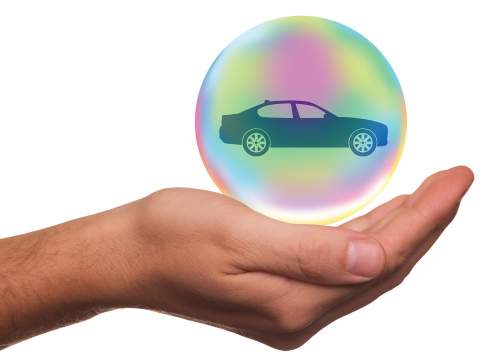
Buying a new car is not a decision that most people take lightly. You are spending a considerable amount of money on a vehicle, so it is a no-brainer to make sure that you are spending it on the right option. When you have finally got a car and paid for it in the showroom, the shopping does not end there. You will have to make sure that you get all the necessary paperwork done, and most importantly, you will have to get car insurance as well. It is mandatory for you to get car insurance in almost all the states in the US. And even if it wasn’t, when you have spent a lot of your savings on a car, it is only wise to get it insured. When it comes to buying auto insurance, there are a lot of factors that come into play. In this article, I have mentioned a few things that you must keep in mind while purchasing car insurance. Let’s have a look:
Pricing
When it comes to the price of car insurance, it depends on several different factors. Most of the companies have their formula for calculating their price, but some things remain constant. The price is decided after considering the model of your car, your driving record, and how much you drive on average. It also depends on your age, marital status, place of living, and your credit score. This all just comes down to the numbers. For example, statistically, young drivers are more likely to get into an accident, and if you fall in the young category, then you might get a higher rate. Similarly, if you drive your car in a rural area, you will be charged less because of less traffic and fewer chances of accidents happening. In short, the more risk you are statistically, the more you will be charged.
Comprehension VS Collision Coverage
This is probably the area where most people get confused. Comprehensive insurance and collision insurance are two different types of coverage, and you need to understand them before you go out to shop for insurance.
- Collision Coverage: As the name suggests, this type of coverage helps you reimburse for damages caused by any sort of collision.
- Comprehensive Coverage: This one is the opposite of collision coverage as it helps you cover damages caused by fire, flood, vandalism, and even theft. This type of insurance does not cover collision damages.
Unlike liability car insurance, collision and comprehensive insurance are not mandatory in most of the American states.
Expensive Cars Does Not Mean Expensive Insurance
There is another big misconception among people that the more expensive your car is, the more pricy the insurance will be. While the logic behind this insurance is understandable, it is not particularly true. The insurance company offers you a rate keeping the durability and accident percentages of the model you are driving. For example, the Chevrolet Corvette has a better claim rate than other vehicles, so the insurance company is likely to charge you more for that. On the other hand, you could have an expensive car with a low claim rate, and you can get a cheaper insurance package.
If You Have DUI You Will Be Charged More
A car insurance company will also ask for your driving record, and if you have a DUI, then you are likely to get expensive rates. The math here is really simple if you are driving under the influence; you are 90% more likely to cause an accident. Therefore you will have to pay expensive premiums in such a scenario.





